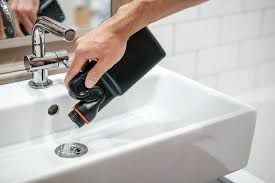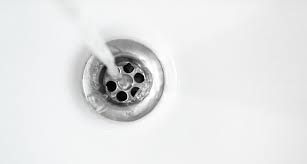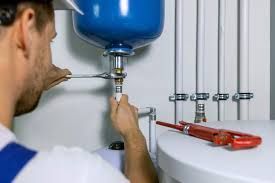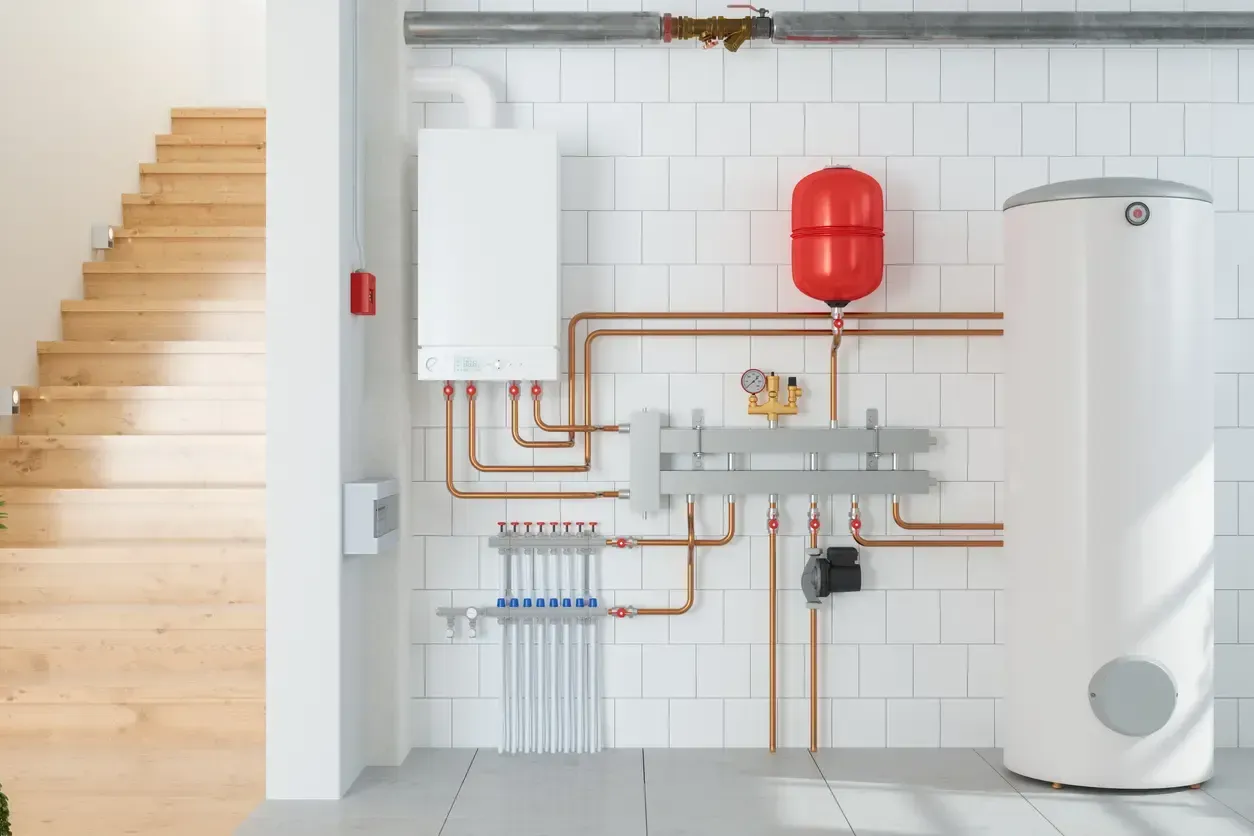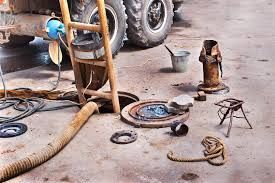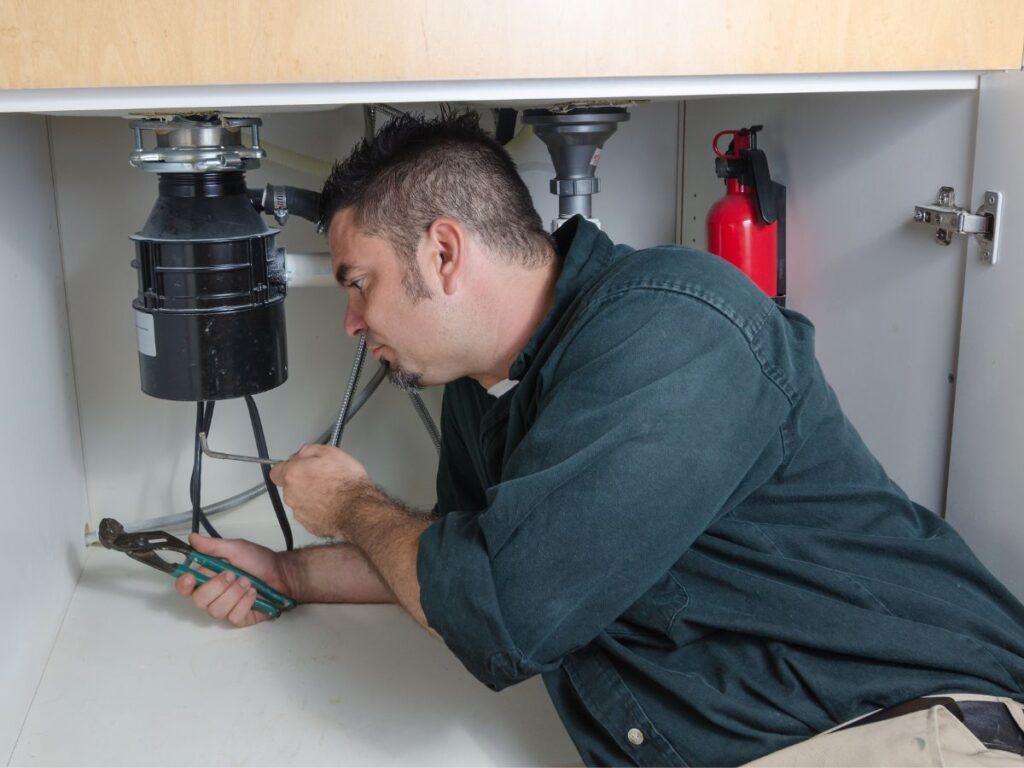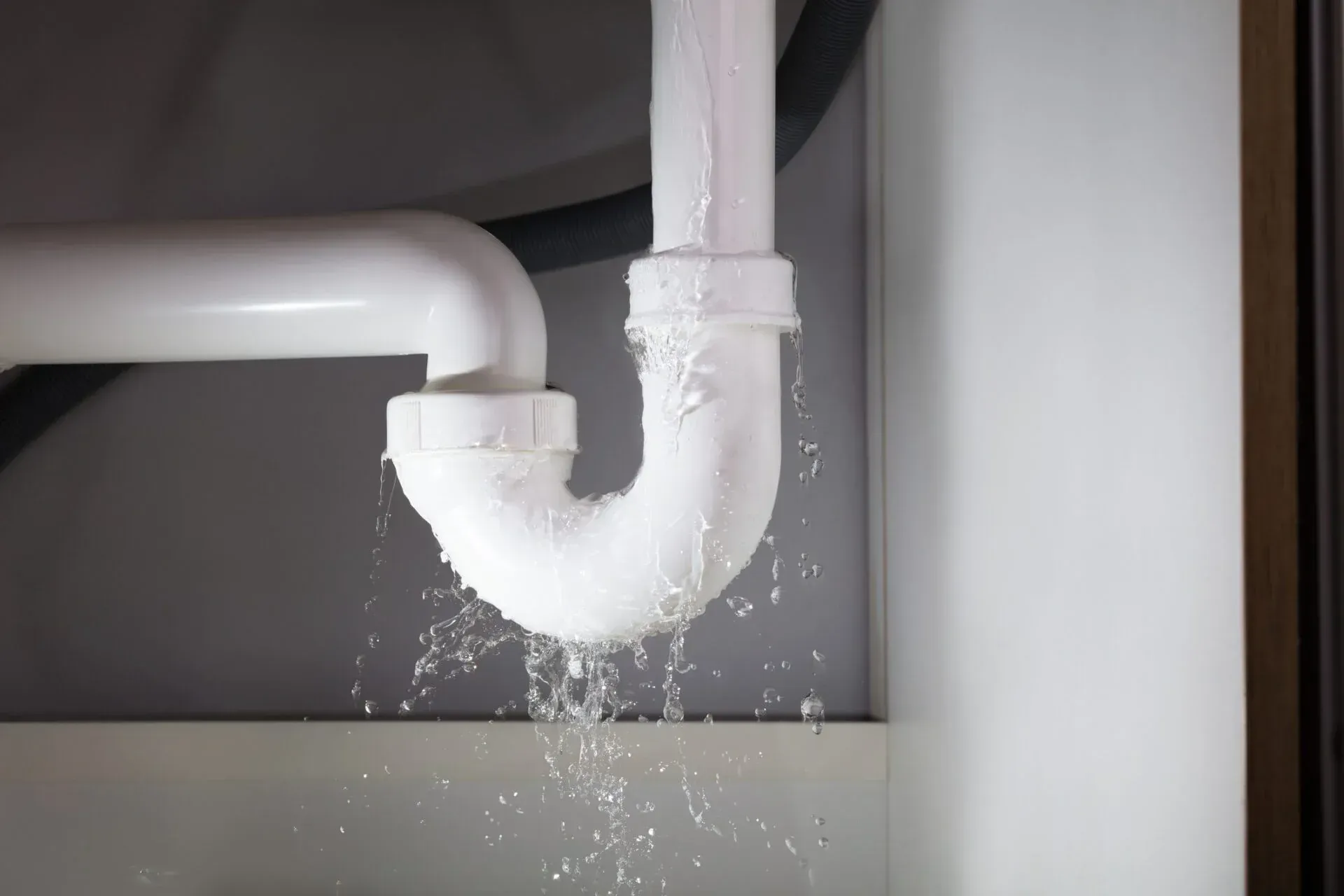Why Plumbing and Sewer Line Maintenance Is Important
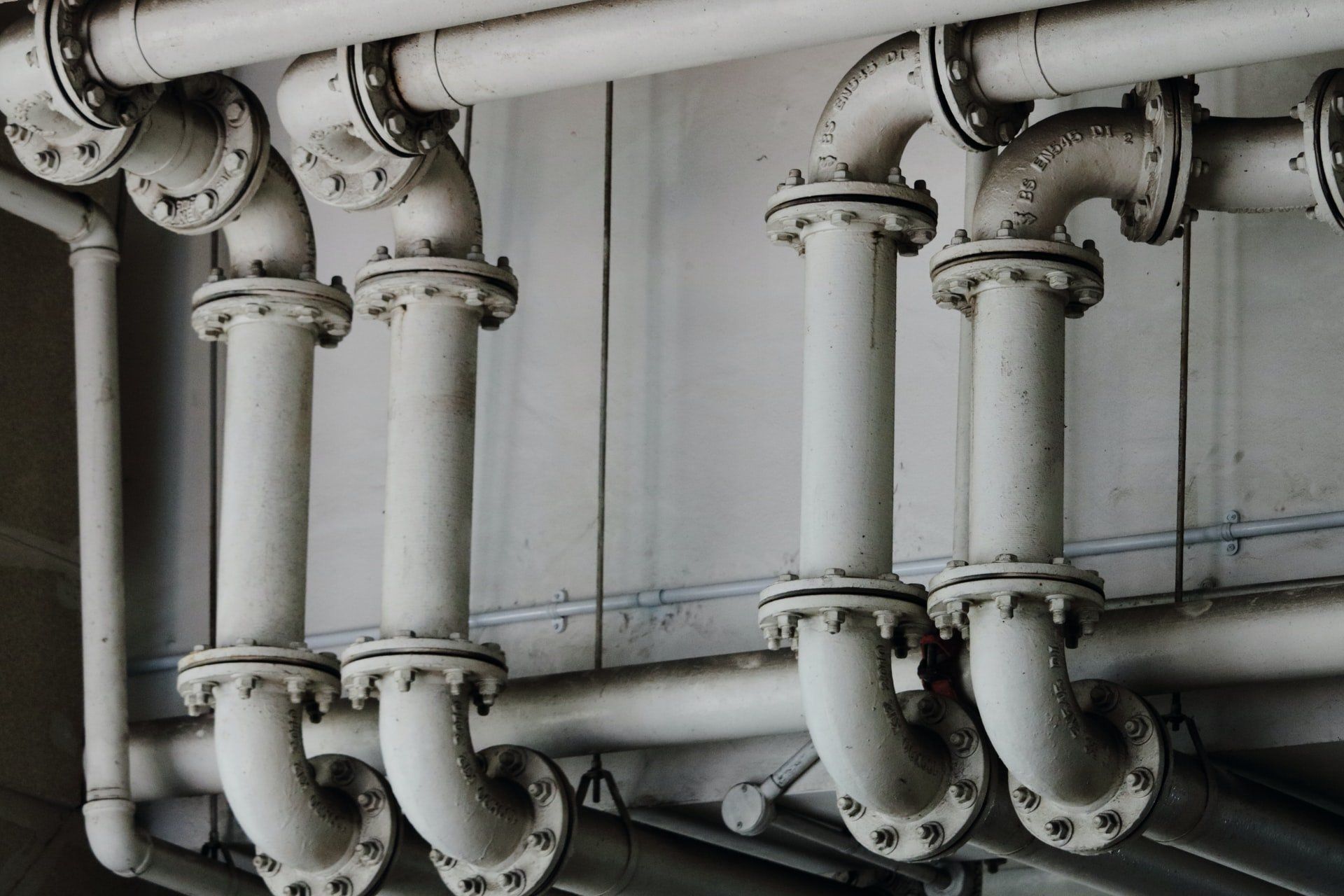
Maintenance is crucial for practically everything nowadays, especially so for things like your plumbing and even your sewer line. After all, water is crucial to life, and it’s so important to be able to access clean water at all times. Household plumbing involves the following:
- Kitchen faucet water
- Shower water
- Toilet tank water refill
…and so much more!
Read on to learn more about why plumbing and sewer line maintenance is important:
Prevention Is Better than Expensive Repairs
Yes, the saying typically ends with ‘cure’, but in this case, not preventing pipe issues will lead you to pricey repairs. When you don’t maintain your pipes well, problems will arise. The last thing you want to deal with are pipes that are distressed and lead to the likes of:
- Burst pipes
- Ceilings that get damaged
- Failed pipes
- Flooring that gets damaged
All of those and more will end up needing to get expensive repairs going.
Pipes are the “veins” of a home in a certain sense. They bring water to every part of the home on several levels. Ideal ways for plumbing maintenance include, but are not limited to:
- Checking on outside connections and fittings
- Observing the pipes under the swamp cooler, sink, and/or tub
- Properly observing the water heater
- Regular tests for running and/or leaking toilets
If there are any changes in water pressure, those have to be addressed immediately. Chances are something’s leaking or some valves are malfunctioning.
Keep an Eye Out for the Swirl
Sometimes, water doesn’t always all but vanish down the drain. It takes quite a while, even if there’s no stopper in place. That isn’t actually normal; water is not supposed to drain gradually, especially with nothing stopping it. In truth, there has to be a strong swirl ongoing, and there might even be a loud noise as the pipe sucks it all in!
This applies to sinks both in the bathroom and kitchen, the dishwasher, the toilet — you get the idea. Pipes and drains mean that leaks, clogs, and/or blocked vents are likely present.
Pipes Have to Be Kept Safe from Debris, So the Sewers Don’t Have to Deal With It
This may seem like common sense, but it’s worth noting anyway. It’s important to not have anything go down the drain or toilet that isn’t, well, human waste or water. Yes, that includes “flushable” wipes out in the market today. Shower drains would benefit greatly from screens. Even bathroom sink faucets would benefit from a stopper of sorts that can ensure only liquid flows through.
The Sewer Needs Regular Maintenance Because of Nature
While that may sound comical, it’s absolutely true. Tree roots can end up invading main lines and end up obstructing the main line in itself. Trees can actually grow into the line. Moreover, if there’s drought going on, it can be affected that way as well.
Conclusion
Pipes and the main sewer line play a big role in any home. Think about it: what would life be like if you couldn’t flush the toilet, wash the dishes, or take a shower? Maintenance of pipes and sewers plays a key role to avoid accidents and/or pricey repairs. So, make sure your plumbing system is always in top condition by having it regularly maintained by plumbing experts.
Need to get pipe or sewer line maintenance and similar plumbing services in Birmingham, AL? Reach out to All City Plumbers today! We can’t wait to help address your plumbing needs.
